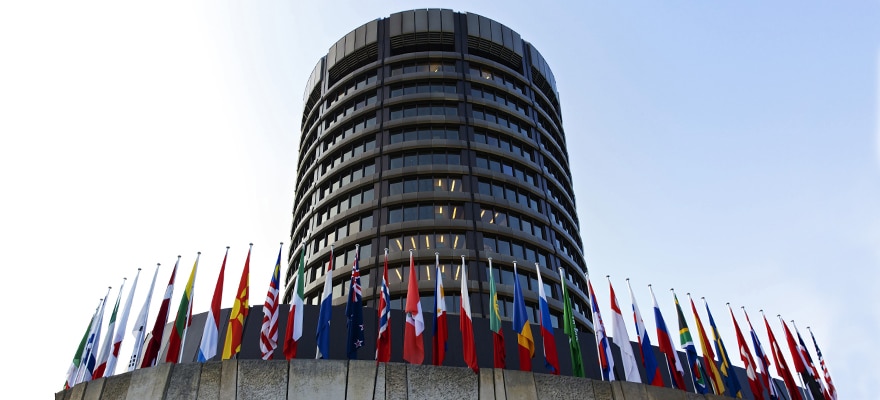The (FSB), an international body that monitors and makes recommendations about the global financial system, has published its fourth annual report today ahead of the in Buenos Aires.
With more than a decade having past since the global financial crisis (GFC), the report takes a look at the implementation and effect of the post-GFC regulatory reforms of the G20 which were originally launched in 2009.
The G20’s reform program aimed to fix the fault lines that led to the GFC. Specifically, it has four core elements as outlined by the report: “making financial institutions more resilient; ending too-big-to-fail (TBTF); making derivatives markets safer; and enhancing resilience of non-bank financial intermediation.”
FSB conclusions – is the financial market stable?
The report is the result of the FSB moving away from designing new policy initiatives to ensuring the implementation and evaluation of these reforms. So, what did the FSB find in its evaluations?
The extensive report by the FSB can be found for those wanting to see the in-depth analysis. However, overall, the FSB’s conclusions seem to be overly positive.
The international body found the global adoption of Basel III capital and liquidity standards has “generally been timely”. There has been positive progress towards ending TBTF and putting in place the G20 commitments on the over-the-counter (OTC) derivatives markets.
As a whole, large international banks are “better capitalised, less leveraged and more liquid” and work has been done to address the risks associated with banks that are systematically important. Furthermore the OTC derivatives market, as a result of the measures, is now more transparent and simple, thanks in part to the use of central clearing.
FSB recommendations
Whilst the outlook from the FSB is generally positive, we’re not out of the woods just yet, with the body stating that: “cross-jurisdictional cooperation is critical as memories of the crisis fade.”
“Strong common standards and close cooperation help avoid market fragmentation and provide the basis on which to build open and integrated financial markets,” the FSB continued. This is particularly important as the effects of new technology continue to evolve the financial system, it added.





Be First to Comment